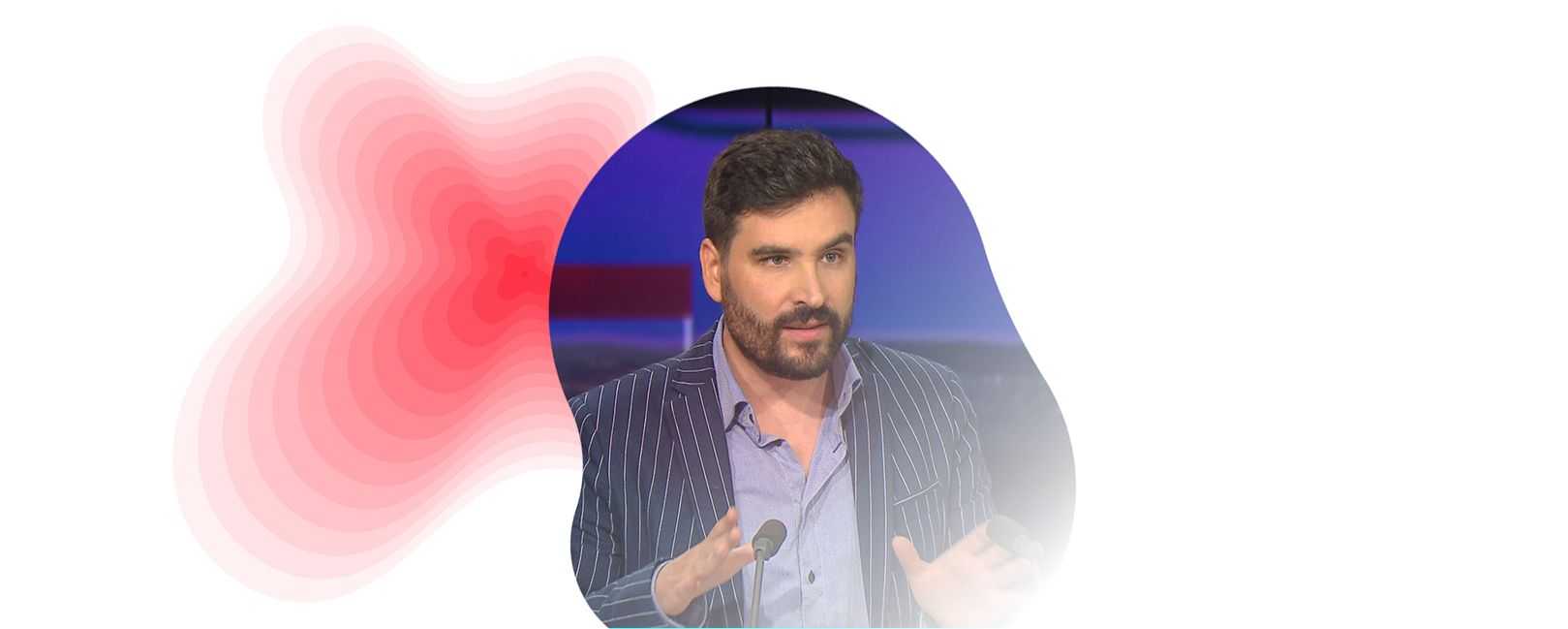Home>Interview with Stephane Lacroix, Academic Advisor of The Geopolitics & Business Environment in the Gulf and broader MENA Certificate.

04.06.2024
Interview with Stephane Lacroix, Academic Advisor of The Geopolitics & Business Environment in the Gulf and broader MENA Certificate.
Since 2010, countries in the MENA region, and especially those in the Gulf, have been undergoing political and economic shifts paving the way to new development models. Stephane Lacroix, Academic Advisor of the The Geopolitics & Business Environment in the Gulf and broader MENA Region Certificate programme explains the objectives of the certification.
How does the program address the major transitions and issues occuring in the Gulf and the broader MENA region?
Stephane Lacroix : The programme is designed to address all of the major issues related to Gulf and MENA politics and geopolitics, as well as economics and society. Gulf countries have been undergoing rapid transformations over the past few decades - and even the past few years - and understanding those transformations and their implications from various angles will be key to each of the teaching modules. All the Sciences Po modules are taught by leading academics in the field of Gulf and MENA studies, who have been chosen both for the breadth of their knowledge and for their ability to convey that knowledge to a non-specialized audience.
What makes this program valuable for professionals operating on a global level?
Stephane Lacroix : The programme will provide professionals with a deep understanding of the Gulf and the broader MENA environment, its constraints but also its immense opportunities. It will provide them with tools to better approach those rapidly transforming societies.
Can you walk us through the curriculum and give a sneak peek of some of the highlights?
Stephane Lacroix : For this programme, we have decided to start with the topics of history and society, to move on to politics and geopolitics, and to end with the more economic issues.
The curriculum starts with an introduction to the history of the Gulf countries within the broader MENA region, their social structures and political institutions. It then discusses the effect of the rentier economy on the social contract and state-labor-business relations. The curriculum then moves on to a discussion of the geopolitical challenges faced by the Gulf in a context of Middle Eastern and global competition. The foreign and defense policies of Gulf countries will here be addressed. This will be followed by a specific discussion of the political, social, and economic reforms undertaken in recent years, and how they have transformed the region’s governance and business environment. The question of energy, so central to the economy of Gulf countries, as well as the recent plans for energy transition will be addressed next. The curriculum ends with a discussion of Gulf and MENA finance, which will lay the ground for the second part of the program in Abu Dhabi.
What will graduates of this program come away with?
Stephane Lacroix : Graduates will come away with a much stronger knowledge of the Gulf and MENA at the social, cultural, political, geopolitical and economic levels. They will have developed a greater familiarity with the region’s booming business environment, with an understanding of its constraints and opportunities. And it will provide them with tools to better approach those rapidly transforming societies.
Additionally, the program allows participants to expand their professional network both from a geographical and a sectorial standpoint, studying both in central Paris and in the Emirates, and amongst a wide range of profiles.

